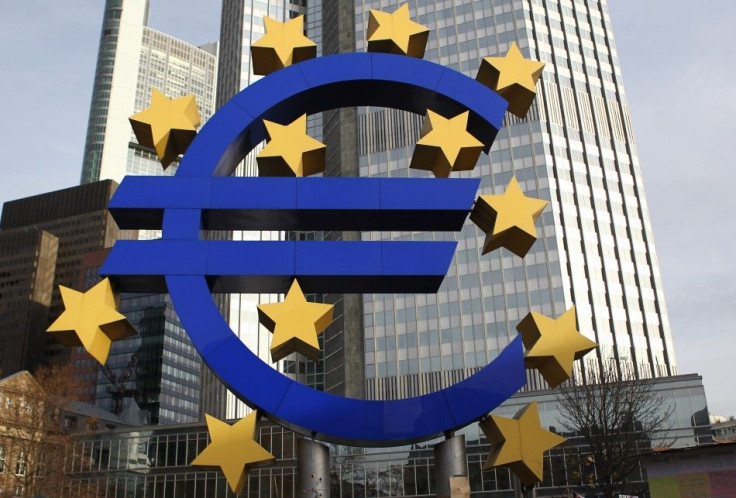ECB's Draghi Says Worst Of Euro Zone Crisis Is Over

(Reuters) - The worst of the euro zone crisis is over and the European Central Bank will act if inflation risks grow, ECB President Mario Draghi said in a German newspaper interview released on Thursday, seeking to ease angst in Germany about price rises.
Draghi was quick to add, however, that there was no inflationary threat from twin long-term lending operations the ECB has conducted in recent months which have unleashed more than 1 trillion euros into financial markets.
Praising Germany as an example for Europe, he said it was now up to governments to make the 17-member currency bloc crisis-proof.
Should the inflation outlook deteriorate, we will immediately take preventative action, Draghi told the mass-selling Bild daily.
But he added: If one allows for the oil price and the recent tax increases of lots of governments, we have been stable at 1.5 percent (inflation) for months.
Energy prices drove up the cost of living in the euro zone in February, when inflation accelerated to 2.7 percent. Many in Germany are concerned that the wall of cash the ECB has fed banks with its lending operations could be inflationary.
Draghi sought to allay these concerns.
Banks had used much of the funds the ECB had funnelled to them to cover their financing needs and a lot of the money had not found its way into the economic system, he said.
So the money is quasi neutralised with regard to inflation, Draghi added. This operation is not inflation-fuelling. And we will watch very carefully whether and how the money feeds into the economic system.
Turning to the broader euro zone crisis, Draghi said: The worst is over, but there are still risks. The situation is stabilising. The most important euro zone figures, like inflation, the current account balance, and above all budget deficits, are better than for example in the USA.
Investor confidence is returning and the ECB hasn't had to buy government bonds as a support for weeks. The ball is in the governments' court. They must make the euro zone crisis-proof for the long-term.
In addition to praising Germany's economic model, Draghi said differences of opinion between himself and Bundesbank chief Jens Weidmann over the ECB's crisis policy response had been exaggerated.
--
© Copyright Thomson Reuters 2024. All rights reserved.





















